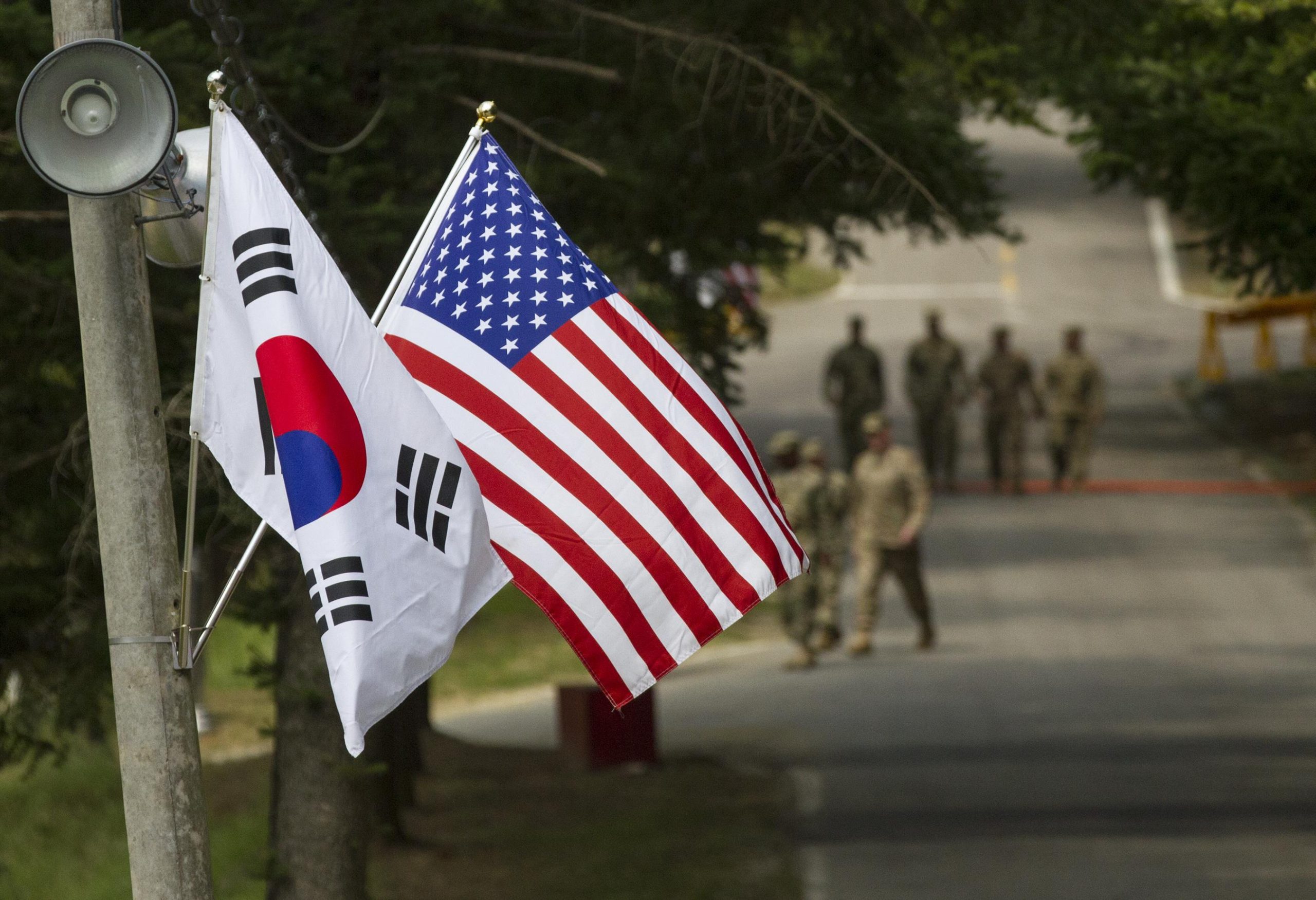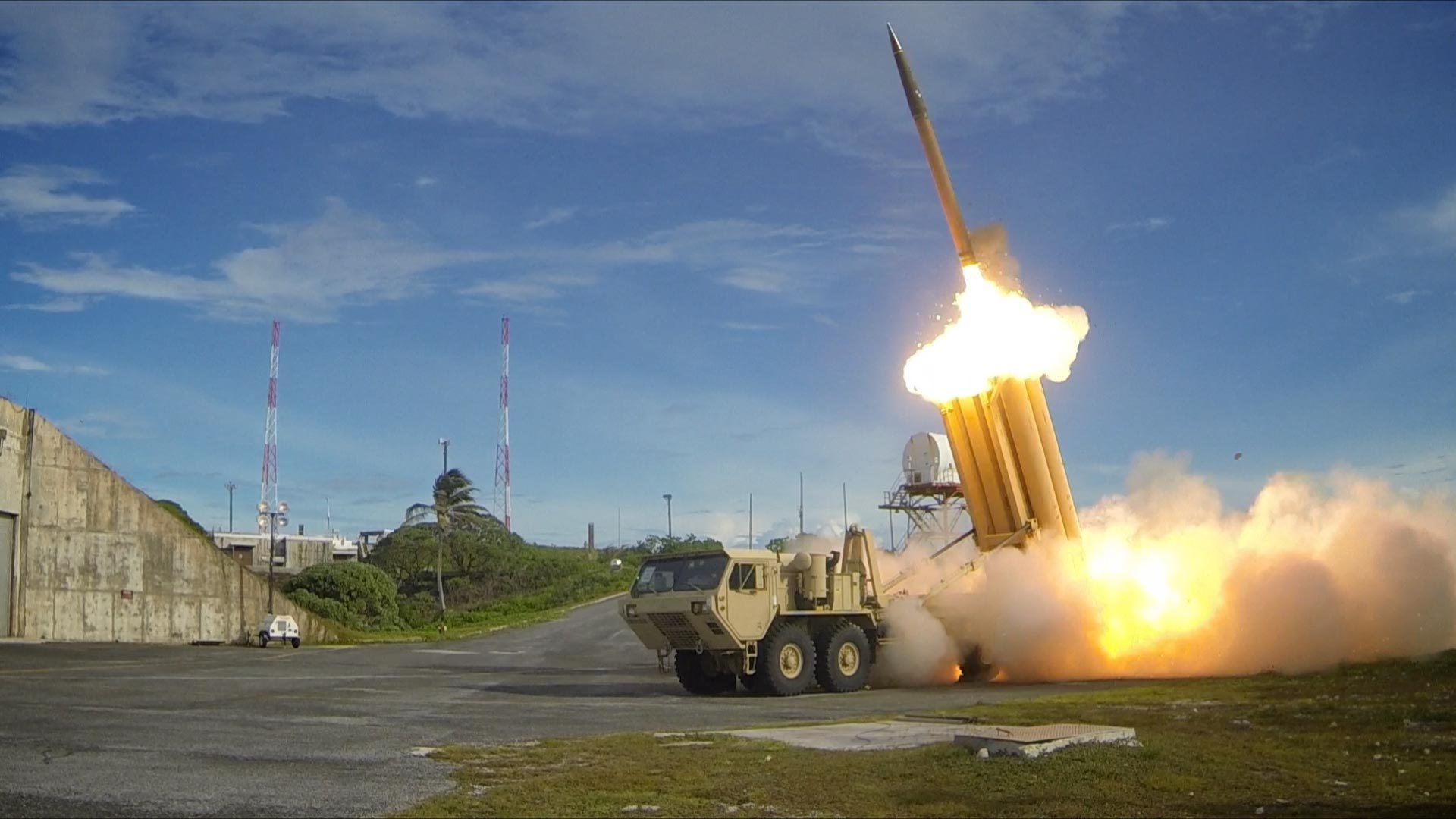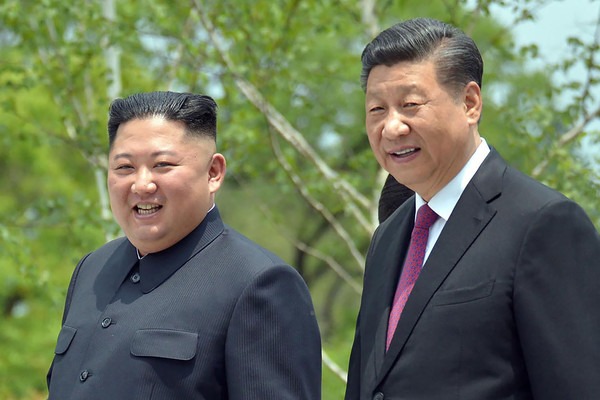South Korea Has Finally Picked a Side

By Jennie Oh
Staff Writer
31/3/2022

South Korean and American flags in Yongin, South Korea (Picture Credit: Staff Sgt. Ken Scar)
When the US and the rest of the free world began sanctioning Russia for its invasion of Ukraine, South Korea hesitated. Its president, Moon Jae-in, refrained from condemning Russian aggression, merely saying he “regretted” the situation. His administration held numerous emergency meetings on minimizing the impact the sanctions might have on South Korea’s largest tech firms in the Russian market. Finally, after much exasperation from the rest of the free world – and after being excluded from the list of 32 countries exempt from the US Commerce Department’s Foreign Direct Product Rule, which requires foreign companies that use American technology to gain Washington’s approval before exporting their products to Russia – South Korea came around and joined in the sanctions against Russia.
This episode neatly sums up South Korea’s evolving foreign policy stance: always reluctant to take sides, but increasingly under pressure to pick one.
Following the 1950-3 Korean War, the US became South Korea’s primary security guarantor against a highly-militarized North bent on annexing it, with some 28,000 American troops permanently stationed there. Over time, though, South Korea’s relationship with China became increasingly important, with the Middle Kingdom becoming South Korea’s largest trading partner in 2014. China also became the host of huge production sites for Korean companies like Samsung, LG, and Hyundai. As a result, Seoul tiptoed around China’s political sensitivities, keeping mum on Beijing’s human rights abuses and its territorial claims in the South China Sea.
But playing both sides of the fence became progressively difficult, especially as China – its confidence inflated after seeing the US brought low by the 2007-8 financial crisis – grew more and more belligerent. When South Korea agreed to allow the US to install the Terminal High Altitude Area Defense system (THAAD) to intercept missiles from North Korea, following increased nuclear and missile tests by Pyongyang, Beijing reacted with fury (because the THAAD system could also be used against missiles coming from China), and organized a series of boycotts against South Korea that cost it $15 billion by the end of 2017.

A THAAD interceptor being fired during an exercise in 2013 (Picture Credit: The U.S. Army)
It would have been wise for Seoul to end its hedging policy there and then. “It should have been a wake-up call to change its trading pattern,” said Bruce W. Bennett, a defense researcher at RAND Corporation. “The South Korean government should have realized a free economic system is important, but economics is tied to politics and China uses economics as a powerful weapon.” This is a realization other democracies like Australia and the UK came to, turning against China when its demands became intolerable, and making painful, but necessary, decisions to cut it out of their economies.
However, when the Moon Jae-in administration came into power, it showed it had learned nothing from this and tried to please both the US and China. Seoul worked to ensure its security interests by expressing guarded support for the US’ Indo-Pacific initiatives and increasing South Korea’s contributions to their shared defense costs by 13.9% in 2021. At the same time, it ignored American pressure to drop Chinese 5G and boycott the Beijing Olympics, and stood aloof from US-led initiatives in the Indo-Pacific so as to not offend China. Only at the very end of his presidency did Moon finally feel compelled to side with the free world over the authoritarian one by joining in the sanctions against Russia (China has loudly opposed these sanctions).
Only at the very end of his presidency did Moon finally feel compelled to side with the free world over the authoritarian one by joining in the sanctions against Russia.
The incoming administration of Yoon Suk-yeol, who was elected the new president of South Korea this month, will be far less squeamish about throwing its weight behind the free world. On the campaign trail, he pledged to strengthen trade and security ties with Washington, and adopt a tougher approach to Beijing.

President-elect Yoon Suk-yeol has pledged to strengthen South Korea’s alliance with the US (Picture Credit: People Power Party)
There are plenty of good reasons for South Korea to pick a side, and for that side to be the free world. First, South Korea’s most important priority is ensuring its security. Attempts to placate North Korea have come to nothing, as Pyongyang continues to test missiles, last week breaking a self-imposed moratorium on testing long-range missiles. Pleas to China, which props up the Kim regime, to help rein it in have fallen on deaf ears. It’s clear China cannot be relied on against North Korea, and the only thing that can guarantee South Korea’s security against Pyongyang is its alliance with the US. Siding with the free world is also in line with South Korea’s values as a liberal democracy. It cannot credibly claim to support these values whilst continuing to hedge its support for the order that enables them to flourish and refusing to take a stand against oppression abroad.
Furthermore, whatever an administration’s sympathies, voters themselves are likely to force their government to throw its lot in with the free world. According to a Pew survey last year, 77% of South Koreans view the US favorably, while negative sentiment towards China doubled from 37% in 2015 to 77% in 2021. While perceptions on the US and China were previously split according to which political party South Koreans supported, China’s growing aggression and its economic retaliation over THAAD has alienated people on both sides of the political spectrum.
Whatever an administration’s sympathies, voters themselves are likely to force their government to throw its lot in with the free world.
China’s deepening friendship with aggressive dictatorships has also repelled South Koreans. “Public perception towards Beijing has also suffered due to the strengthening unity between China and North Korea, as well as China and Russia,” said Kim Jae-chun, Dean of Sogang University’s Graduate School of International Studies. “The South Korean public doesn’t view this move very favorably.”

Kim Jong-un and Xi Jinping at the Kumsusan guest house in Pyongyang (Picture Credit: 李 季霖)
China’s recent appropriation of Korean history and culture, and its glorification of its role in the Korean War (where it fought on the side of the party trying to take over South Korea) has further estranged South Koreans. A 2021 report by Asan Institute for Policy Studies, a think-tank in South Korea, showed 73.2% of those surveyed preferred to strengthen cooperation with the United States compared to the 10.4% who supported stronger ties with China. 66.3% of respondents believed the South Korea-US alliance should be built on “democratic ideals, human rights, and universal values.”
As the world bifurcates into a democratic bloc led by the US and its allies, and an authoritarian bloc led by China and Russia, it makes sense for South Korea to unequivocally back the former, in spite of the economic fallout it will undoubtedly suffer by turning away from the Chinese market, which accounts for nearly a third of its exports.
“Korea is siding more openly with the United States, with European countries, with like-minded countries and [is] willing to take the economic hit,” said Ramon Pacheco Pardo, Professor of International Relations at King’s College London.
After so many years of vacillation, of being torn between its security and its values and its economy, South Korea has finally picked a side.
